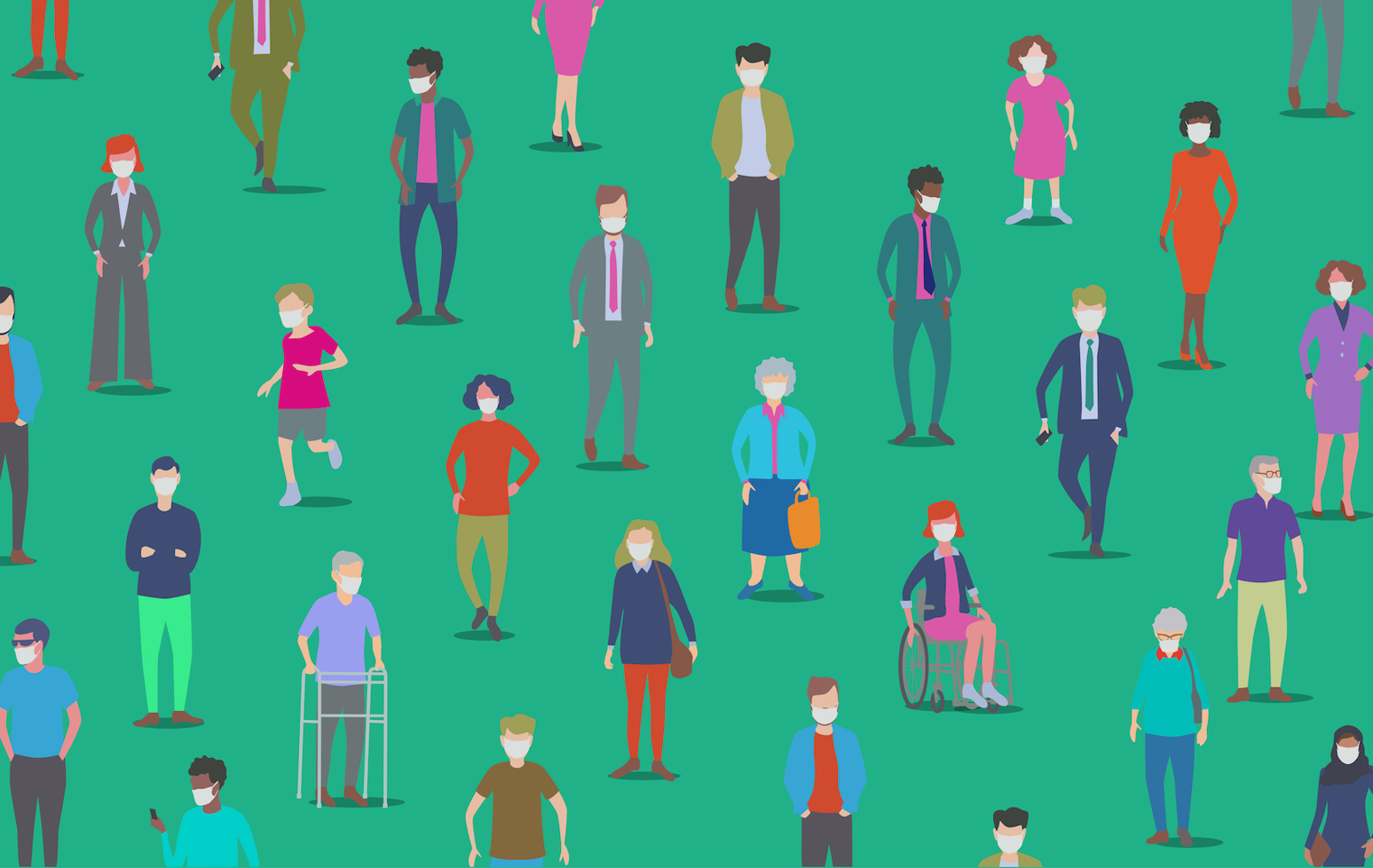In the age of COVID-19, ableism – discrimination in favour of able-bodied people – has become rampant. To better understand ableism in the context of COVID-19, I have started working on a new series of research along with Anica Zeyen from the Royal Holloway University of London. We’ve created a special issue in the Journal of Business Ethics and a blog for the Organizations and the Natural Environment division of the Academy of Management.
Over the last 2 months, we have collected accounts from disabled people about their experience during the pandemic. We’ve also explored existing research on ableism to help inform what is going on today. Here are some of our key findings about ableism and COVID-19:
1. Able-bodied people have begun to think of themselves as “disabled.”
Over the past few months, many non-disabled people have struggled with social isolation and social distancing guidelines, facing difficulties that are new to them and that make life and work less convenient. Despite what might be hoped for, this newfound perspective has not facilitated an increase in empathy for those who struggled with such inconveniences prior to the pandemic. Rather, ableism has been reinforced by those who have appropriated a previously stigmatized label and embrace it for their own benefit.
2. The definition of what is reasonable has shifted in favour of the able-bodied.
The pandemic has shown us how quickly the unreasonable and impossible for the disadvantaged can be turned to the reasonable and possible for the advantaged. Before COVID-19, social distancing – existential for some people with chronic illness – applied to so few that many considered it rather unreasonable. Many workplace accommodations that disabled people had requested for many years – such as remote working – were suddenly possible, and effective, when the non-disabled community needed them.
3. Disabled people have faced additional challenges because of the pandemic.
Beyond just the shifting definition of what is reasonable in favour of the able-bodied, those with disabilities have faced new challenges during the pandemic, including poor access to healthcare and food, physical and verbal abuse, and loss of independence. For example, some blind and visually impaired people have been denied access to supermarkets as they are unable to adhere to social distancing guidelines, making it near impossible for them to get food.
4. Even in a post-pandemic world, we must keep accommodations in place for those who have always needed them.
Looking forward, we need to ensure that accommodations that have been made in the face of the pandemic do not disappear after the pandemic. While able-bodied people may be able to return to a world similar to the pre-pandemic one, flexible accommodations should remain for those with disabilities as they should have been long ago
We hope our research so far helps shed light on previously misunderstood or underrepresented issues. We also hope that this research inspires others in the global network of disabled- and non-disabled scholars to engage in further research and teaching in the area. Only by joining forces can we collectively counter the opportunistic appropriation of disability during the pandemic.
This blog was adapted from a longer piece originally published by the Organizations and the Natural Environment division of the Academy of Management. Read the full blog here.


